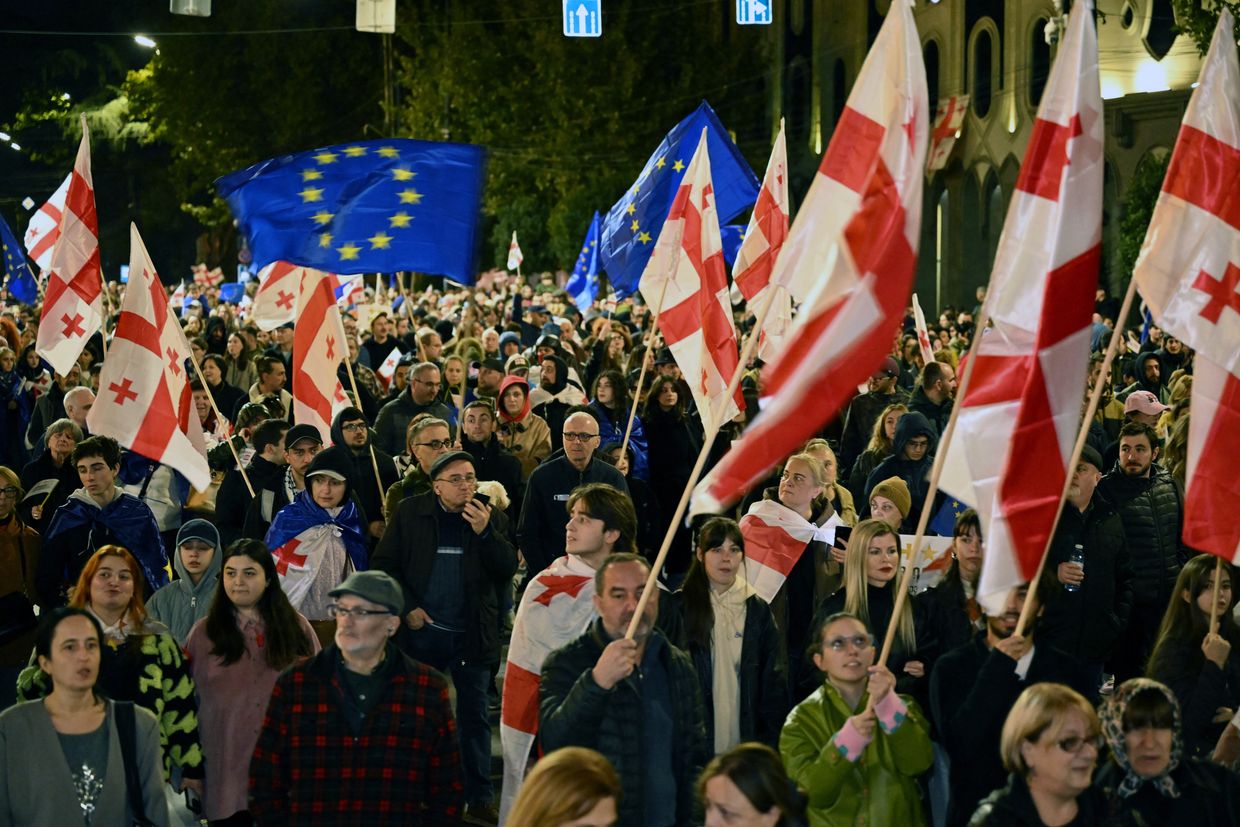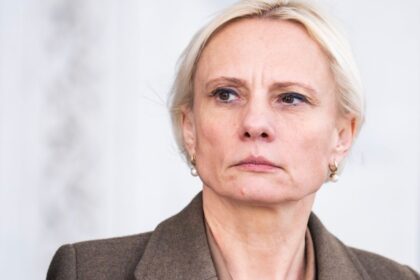**EU Condemns Georgia’s “Russia-Style” Foreign Agents Law**
The European Union has spoken out against a new law in Georgia that requires civil society organizations to register as “foreign agents” if they receive international funding. The EU sees this move as a serious setback for the country’s democracy and a threat to its democratic foundations.
In a joint statement, top EU officials Kaja Kallas and Marta Kos criticized the Georgian government’s decision to introduce this law, which mirrors similar legislation in Russia used by the Kremlin to suppress dissent and criticism. The EU accused Georgia of taking aggressive action against activists, civil society, and independent media.
The law has been widely condemned as a tool for suppressing freedom of speech and association. It was passed by the ruling Georgian Dream party in April 2025, despite widespread protests and calls from international organizations to reject it. The protests were sparked by allegations of electoral irregularities during parliamentary elections in October 2024, which resulted in Georgian Dream maintaining its majority.
The EU has called on the Georgian authorities to reverse democratic backsliding and to release all unjustly detained journalists, activists, protesters, and political leaders. The bloc is willing to consider Georgia’s return to the EU accession path if the country takes credible steps to restore democracy.
This development marks a worrying trend in Georgia, where authoritarianism has been on the rise. The country received EU candidate status in December 2023, but its accession process has been hampered by growing human rights concerns and democratic backsliding. The introduction of this foreign agents law raises serious questions about Georgia’s commitment to democracy and its future as a European state.
**The Impact**
The passage of the foreign agents law is seen as a significant blow to Georgia’s democratic development. It has already sparked protests and widespread condemnation from civil society organizations, human rights groups, and international institutions.
The EU’s statement emphasizes that the responsibility for reversing this trend lies solely with the Georgian authorities. The bloc is urging them to take credible steps to restore democracy and freedom of speech in the country.
**What’s Next?**
Georgia’s future as a European state hangs in the balance. The introduction of the foreign agents law has halted the country’s accession process, and it remains to be seen whether Georgia will take the necessary steps to reverse democratic backsliding and regain its path towards EU membership.
Read More @ kyivindependent.com












